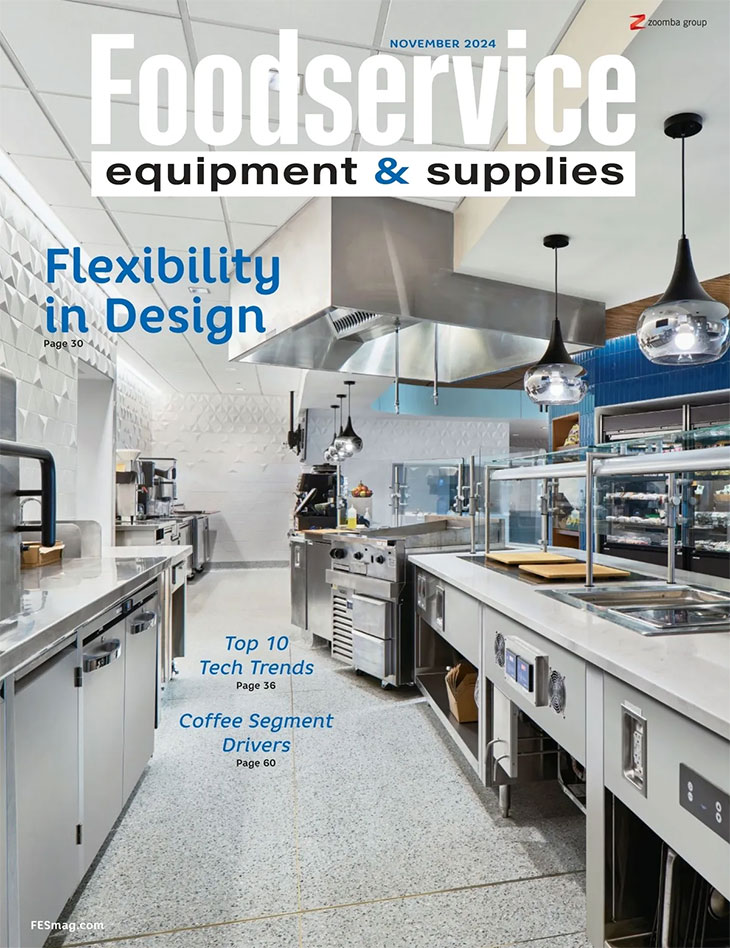Different types of operations face different pressures and different challenges. This series from Service Insights provides advice to specific types of foodservice establishments from long-time veterans of the equipment service and repair sector.
The grocery store has evolved from just a place to pick up a loaf of bread and a gallon of milk. In addition to selling staples, many now have robust prepared food offerings that include anything from fresh sushi to hot pizza. Some grocers even run their own branded concepts, selling dishes from ramen bowls to burgers, fries and shakes.
These offerings mean grocery stores are, in many ways, also restaurant operators, with all the equipment service needs included.
According to Tim Evans, service coordinator with Connecticut-based Gary’s East Coast Service, overall, grocers are some of the easiest foodservice operators to work with. Their communication with service agents and among store employees almost always goes smoothly. When a service technician arrives, says Evans, store employees know what’s happening and have often adjusted their own operations to make the repair easy.
In addition, scheduling service calls with grocers can be easy compared to many other operator segments, Evans says. Locations are often open 15-plus hours a day, and repairs usually aren’t absolutely essential to the operation’s success, making it easier to find a repair time that works for everyone. “There’s tons of food people can get there of all kinds, so there’s maybe not as much pressure all around. At a restaurant, [a repair] might be more important and need to be taken care of in a quicker fashion,” he says.
Not everything is perfect in grocery land, though. While grocers handle the logistics of a service call well, like other operators, they can be pretty hard on their foodservice equipment.
One of the biggest challenges, Evans says, is equipment cleanliness. “Even if there are cleaning systems built in, they just don’t run them,” says Evans, who adds that not performing the proper cleaning of equipment can make these items more challenging to work with and even cause other problems. Potential issues include burners clogged by grease or vents blocked by debris, which will impact equipment performance.
Paying greater attention to proper equipment cleaning as well as training should help with the units’ service life, performance and more, adds Evans. “They have to do their part to make sure the units are being cleaned properly and are in a good condition and don’t cause any issues. If the units are being used properly and cleaned, they should be better off in the long term.”
The location of equipment within a supermarket can impact service, as well. Many grocers have what are essentially open kitchens for at least some of their food production. This could be for the bakery, deli, pizza, grill, sushi, or more.
That means servicing equipment for these areas often takes place in full view of guests. Grocers, then, should seek to partner with service agencies that emphasize professionalism and good customer service.
In these situations, for example, customers often treat service technicians like members of the store’s team, asking questions about when a repair will be done so they can get their desired dish – usually rotisserie chicken, says Evans.
What’s more, when performing a repair in view of customers, field technicians should keep the area as clean as possible. Dirty components should be kept out of view and greasy spots cleaned immediately. Grocers should partner with service agents that understand this requirement, Evans says.
Overall, grocers are good partners for service agencies. They’re good at communicating and easy to schedule. By choosing smart partners and focusing more on day-to-day cleaning, the relationships between grocers and service agents can go from good to great.




